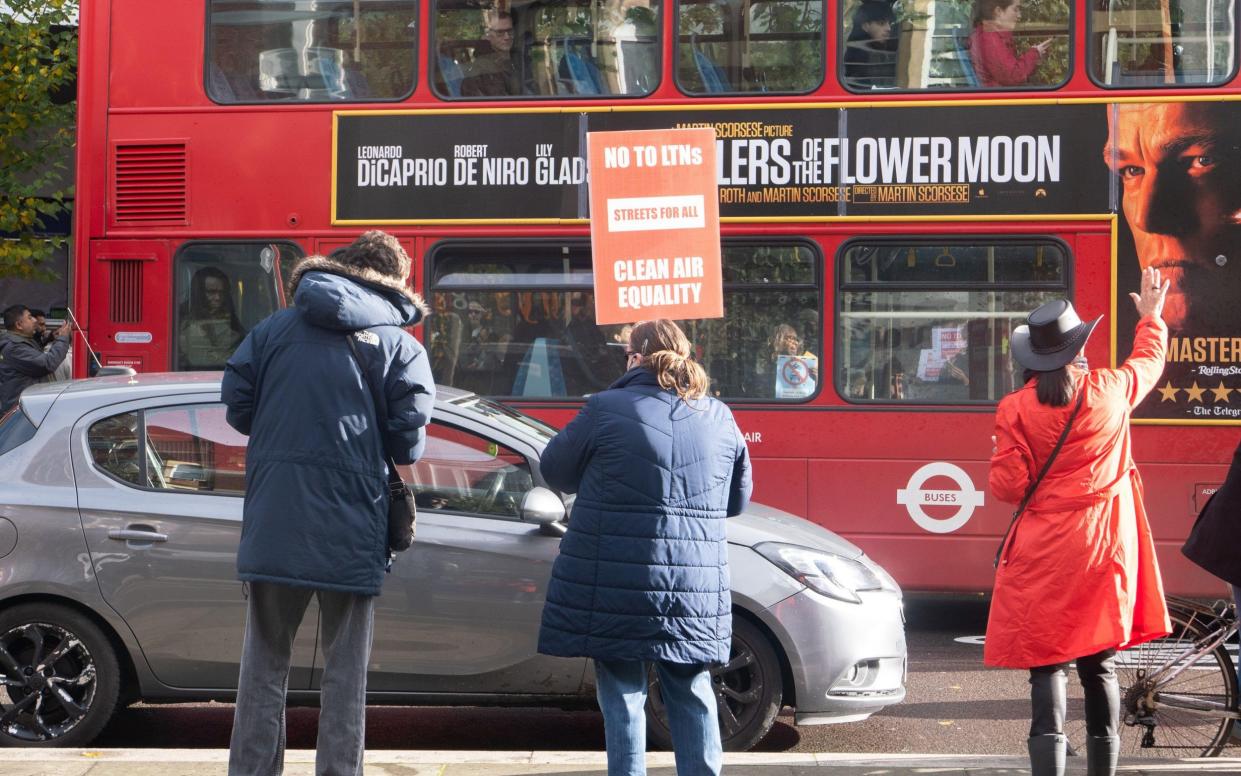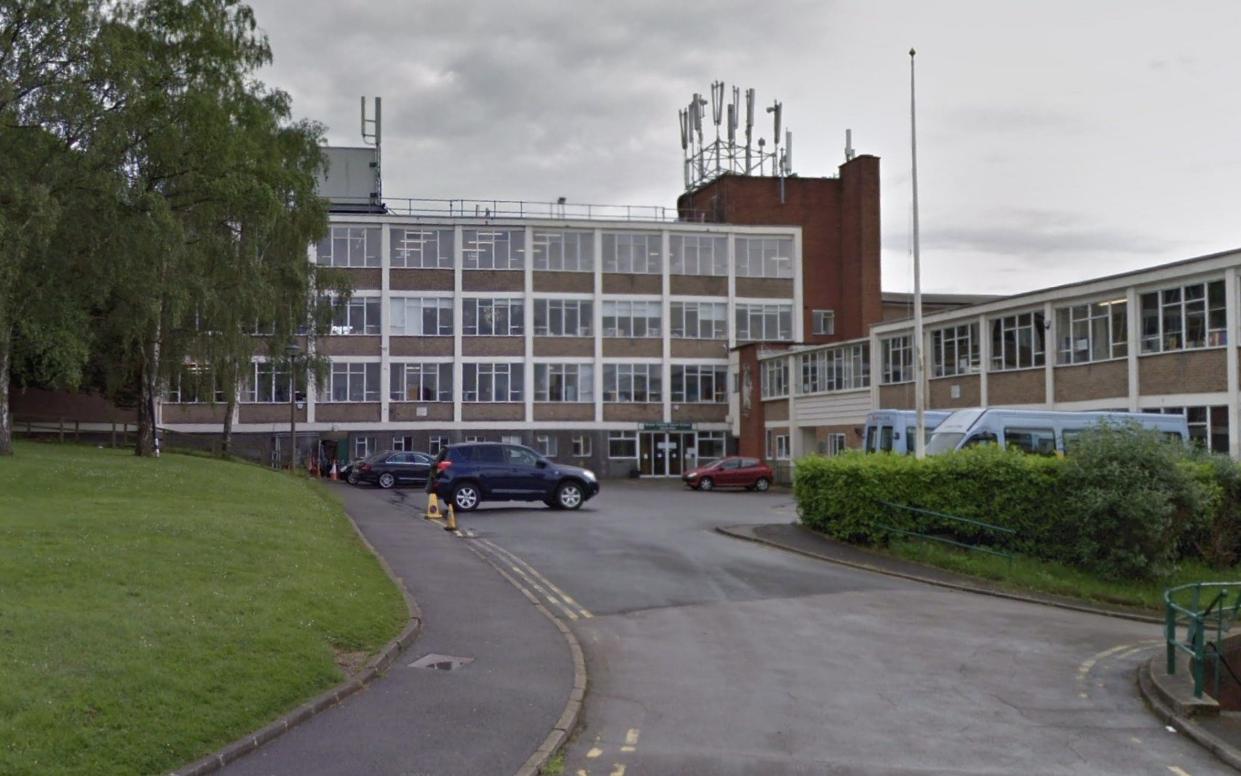Pupils mugged on ‘ghost town’ streets created by LTN

Pupils have been mugged on “ghost town” streets created by a low traffic neighbourhood (LTN), a headteacher has warned a Labour-run council and police.
The threat to students was considered so serious that teachers from Bishop Thomas Grant School in Streatham “patrolled” streets to protect children who waited “to get on buses which did not come”.
The school, rated outstanding by Ofsted, is inside the Streatham Wells LTN set up by Lambeth council in October last year. The road closures led to public transport grinding to a near halt as motorists were forced from side streets onto gridlocked boundary roads, including the A23, a major route out of south London.

Bernadette Boyle, the Catholic school’s headteacher, said the LTN had created a “ghost town” in which some pupils were late for class and targeted by criminals.
Responding to a Freedom of Information request, Ms Boyle wrote: “I sent a letter to Lambeth, and the local schools police sergeant, as we saw an increase in our students being mugged on ‘ghost town’ roads as they walked towards the [Streatham] High Road to try to get on buses which do not come.
“We regularly patrol the local area after school… As is the case on many occasions, the children wait nearly an hour for a bus to get home.
“We hang about between the bus stops with them to make sure that they get on to transport and are safe… it is having a huge impact on my time and the time of my senior leadership team.”
She also revealed how bus delays – some were said to have travelled at 1.5mph – meant the school’s award-winning punctuality rate had been “torn apart”.
Ms Boyle said the LTN had caused “significant issues” for her 1,200 pupils aged 11 to 18, adding: “Undoubtedly, our punctuality has been hugely impacted by the LTN. We are a school which has just won an award for our attendance compared to national data, and we have always put a huge amount of work into building a culture of attendance and punctuality… which quite frankly feels as if it is being torn apart now.
“And some fail to understand the impact it has on a child if they keep arriving late at school, never mind the disruption it causes for the rest of the school and culture of learning.”
‘Impacted staff wellbeing’
She wrote how the “issues of lateness and the LTN” were “regularly discussed” at the school’s senior leadership team meetings and was “often brought up by pastoral staff”.
She claimed “many staff” found their commute to and from work had “increased significantly” which had “impacted their wellbeing”.
Ms Boyle, described by Ofsted as having “outstanding vision and aspiration”, declined to comment further. It remains unclear how many children were victims of crime.
Although Lambeth council suspended the LTN in March over “concerns” it had affected public transport as well as planned works on the A23, campaigners say it should be banned outright.
A spokesman for Lambeth LTN Watch, which fights the schemes, said it warned council officials other LTNs had led to an increase in crime, but was told it was a “police matter”.
A Metropolitan Police spokesman said: “We are aware of concerns raised by the head teacher and continue to work with the school, including through our dedicated schools officer, to address these. The safety of young people in Streatham, including students at this school, are of paramount importance to local police.”
A Lambeth spokesman said: “Before and during the trial we talked to schools and communities to take feedback, and made changes to reflect that local feedback.
“We are committed to working with all our residents to cut toxic air pollution, cut road danger which is amongst the worst in London, and help people embrace green travel which is better for the environment and for people’s health.
“There’s no evidence that reduced traffic on streets increases crime – however, there is evidence that LTN traffic reductions do improve neighbourhoods.”
A school source said pupil safety and welfare was “of utmost priority”, adding that since the LTN suspension punctuality had returned to its usual “exceptional levels”.
In February, The Telegraph revealed Lambeth had issued a record £50 million in fines to motorists after introducing seven LTNs since the council embraced the Tory LTN policy in 2020.
Earlier, The Telegraph showed how local volunteers were patrolling Streatham Wells LTN advising motorists not to enter closed roads to avoid fines.


